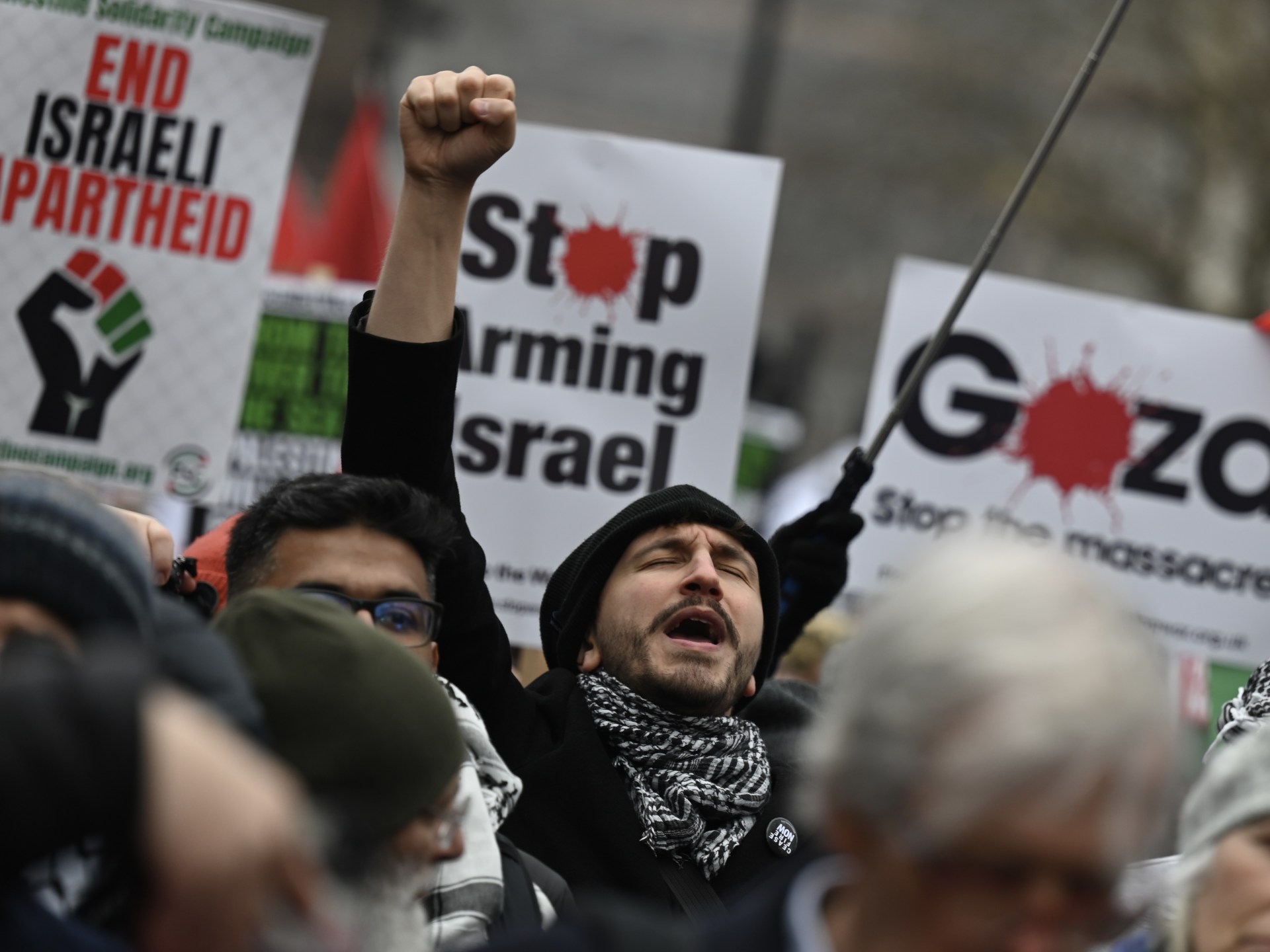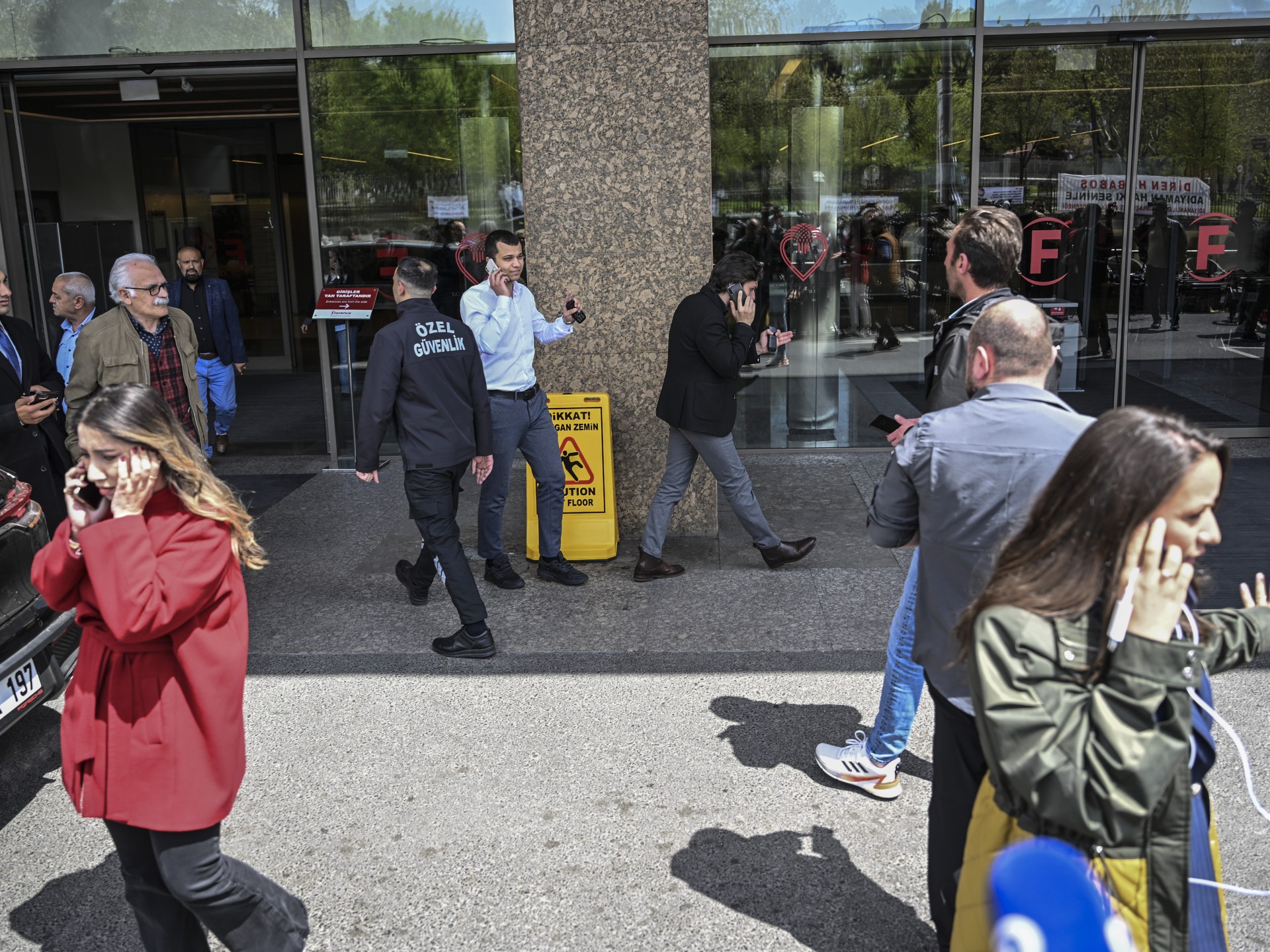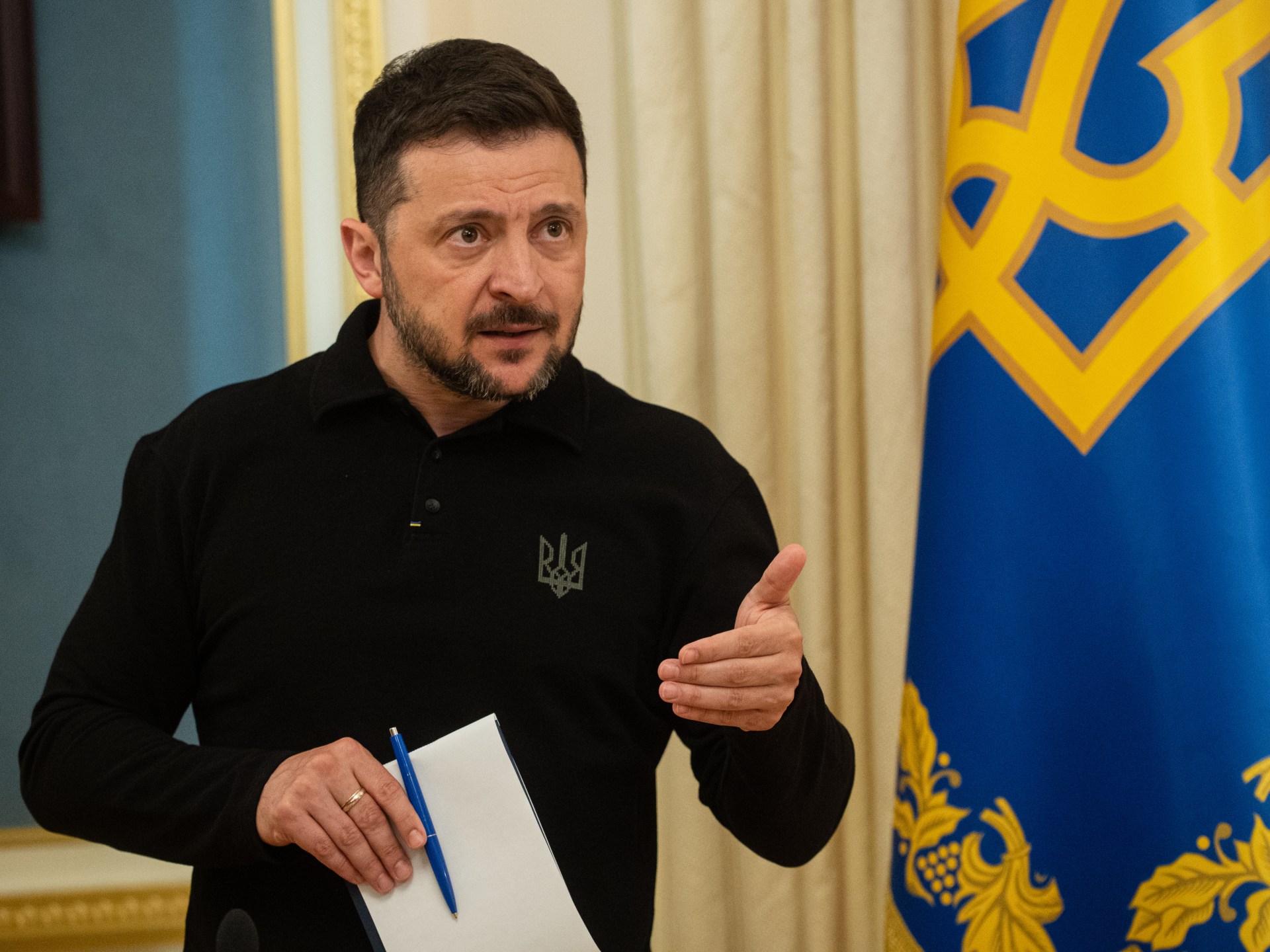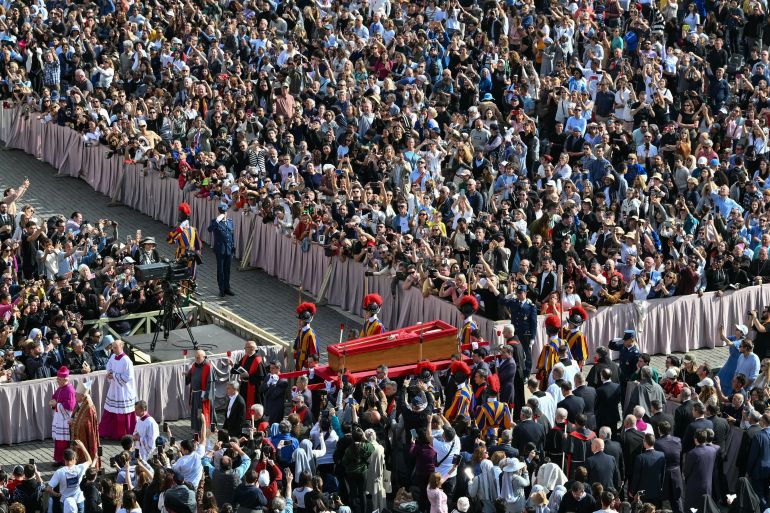Israel’s Defence Minister Israel Katz declared last week that “no humanitarian aid will enter Gaza”, effectively announcing his government’s intention to continue the collective punishment of the Palestinian enclave’s battered and besieged civilian population in blatant violation of international humanitarian law.
“Blocking this aid is one of the main pressure levers preventing Hamas from using it as a tool with the population,” he went on to say, “No one is currently planning to allow any humanitarian aid into Gaza, and there are no preparations to enable such aid.”
Many leading NGOs and international institutions, such as Amnesty and Human Rights Watch, have long identified Israel’s weaponisation of aid in Gaza as an act of genocide. In response to Katz’s most recent comments, they once again condemned the Israeli government’s genocidal policies and called on Israel’s Western allies to take action to enforce international law.
Such condemnations and calls to action, however, are clearly failing to produce the desired results. After 18 devastating months, Israel is still bombing, shooting at, displacing and starving Palestinians, while openly declaring its intention to continue with these crimes for the foreseeable future. And it is still doing so with the full political, military and diplomatic backing of its Western allies, including Britain.
This is why we believe it is time for British NGOs to change tack.
For the past 18 months, many of us working in the human rights and aid sectors in Britain made repeated requests to our government to do the bare minimum and enforce the basic tenets of international law on its ally, Israel. We campaigned, we lobbied, we engaged, and we explained. We showed the evidence, pointed to the law, and asked our leaders to do the right thing. Our pleas fell on deaf ears. We’ve been met with nothing but indifference.
To this day, Keir Starmer’s government continues to trade with and even sell arms to the Israeli government, despite being aware of the blatant crimes Israel commits day after day in Gaza and in the rest of the occupied Palestinian territories. It still considers Israel a key ally despite knowing that the International Court of Justice (ICJ) is reviewing an allegation of genocide directed at its “war” in Gaza and that there is an International Criminal Court (ICC) arrest warrant out for its prime minister, Benjamin Netanyahu, for various war crimes and crimes against humanity.
Just last week, Britain’s Foreign Secretary David Lammy held talks with Israel’s Foreign Minister Gideon Sa’ar – the top diplomat of a government under investigation for genocide – while he was on an unannounced visit to London. The Foreign Ministry confirmed that Lammy met Sa’ar to “discuss Gaza and other pressing Middle East issues”, during what it described as the Israeli minister’s “private visit to the UK”.
This is unacceptable. British government officials should not be having any public or private meetings with senior ministers from a country accused of the most heinous crimes recognised in international law. They must not be “discussing Gaza and other pressing Middle East issues” with Israeli leaders while Israel continues to bomb refugee tents, kill journalists and medics, and block the delivery of aid to a population under relentless siege.
No politician can claim ignorance of what is happening. Tens of thousands of Palestinians have been killed. Many more have been maimed, traumatised and displaced. Hospitals, clinics, refugee camps, schools, universities, residential neighbourhoods, water and food facilities have been destroyed. Hundreds of aid workers – both local and foreign, including Brits – have been targeted and killed, for the crime of trying to help Palestinians.
The British public at large is horrified by what Israel is doing in the occupied Palestinian territories, and they want it to stop. We have seen this in various opinion polls and on the streets in the form of enormous protests.
And yet, our government is intransigent. The meetings that so many aid and human rights organisations had with ministers and senior civil servants – difficult to get in the first place – have had no impact. Starmer’s government is impervious to all the normal lobbying and campaign tools we employ. It is refusing to hold Israel to account for its blatant violations of international law.
It is time for us to try a different strategy. We cannot continue to engage with the British government as if we are merely having a policy disagreement. This is not a routine case of our government refusing to pay sufficient attention to a conflict or crisis, due to different priorities or conflicting interests. This is not a disagreement we can overcome through engagement and debate. Britain’s leaders today are not only ignoring the most heinous war crimes being livestreamed on our screens on a daily basis, but also insisting on supporting the perpetrators of these crimes – diplomatically, politically and militarily – against warnings and desperate pleas from the human rights sector.
We believe the only way NGOs can actually make a difference in this space is by ending all engagement with the government on this issue. By continuing to talk to the government, we are not helping Palestinians on the ground or our colleagues working with a target on their backs in Gaza. We are merely providing the government with an opportunity to say it is doing something to help those stuck in Israel’s kill zone.
We must not participate in processes and engagements that will be used to whitewash Britain’s complicity in Israel’s crimes.
Rather than trying to talk to a government that has no intention of listening, we should support protests, boycotts and legal efforts to hold Israel’s leaders to account for their role in the genocide. The British government may not be willing to pay attention to our campaigns and reports, but they will eventually pay attention to the ever-growing protests on the streets and the legal decisions against their Israeli allies in British and international courts. At this point in time, continuing a dialogue with the government will only turn us into instruments of British foreign policy.
There is only one way forward. We must loudly name what’s happening in Gaza – a genocide. We should name the crime, underline our government’s complicity in it, and focus our efforts on elevating the voices of our Palestinian colleagues on the ground. Meetings with ministers and civil servants behind closed doors will not make a difference, but informing the public of what is actually happening in Gaza, with support from our government, just may.
We know that our actions cannot magically put an end to the genocide in occupied Palestine, but they can still make a difference. We can add to the pressure on those who have the power to stop the carnage, which is so needed. Additionally, stopping our fruitless engagements with the government will allow us to reorient our work, reconnect with the wider public from whom we should draw our legitimacy and strength, and focus our energy on actions that can make a real difference for people in need.
The actions we, as members of the aid and human rights sector in Britain, take now, do not only matter to those in Gaza. The way our government, our leading institutions and our society at large deal with the genocide in Gaza will set a precedent for how they will deal with crises and emergencies in the future – at home and abroad. It will determine whether our country will be a force that works to uphold human rights and international law, or one that tramples on them whenever convenient. Today, we must all fight for what is right, and show our government that indifference is not acceptable in the face of genocide, lest we ourselves become complicit. History will judge how we respond to this moment.





